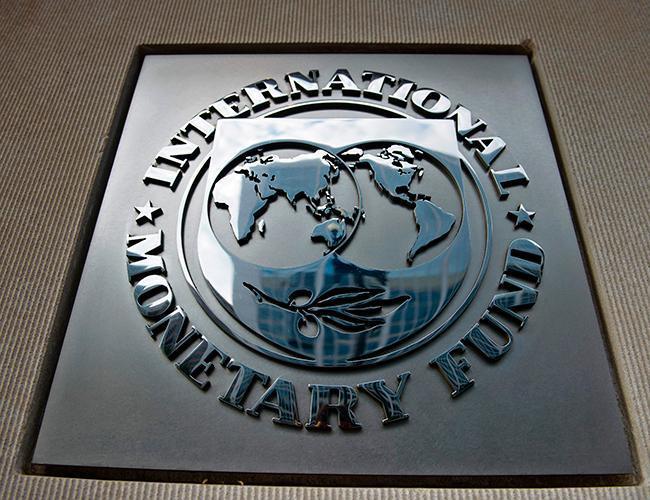IMF raises Turkey’s 2017 growth forecast to 5.1 pct
ANKARA/WASHINGTON

The International Monetary Fund (IMF) more than doubled its 2017 economic growth forecast for Turkey to 5.1 percent, the fund said on Oct. 10.
During its World Economic Outlook conference in Washington, the IMF also forecast a growth of 3.5 percent in 2018 for Turkey, adding that the revised outlook also raised forecasts for emerging and developing economies in Europe.
“This change is driven to an important extent by the revision to Turkey’s growth in 2017 to 5.1 percent, reflecting a stronger-than-expected outturn in the first quarter of the year,” the IMF said, as quoted by Reuters.
The fund also said it expected monetary policy to remain tight in some countries with high inflation rates, including Turkey where consumer prices jumped 11.20 percent year-on-year in September. Last month, in its medium-term program Turkey said it expected economic growth of 5.5 percent in 2017 with inflation at 9.5 percent.
The program, updated annually, saw growth at 5.5 percent between 2018 and 2020.
The IMF said it saw Turkey’s inflation remaining in double-digits at 10.9 percent in 2017, but later falling to 9.3 percent the following year.
The IMF upgraded its global economic growth forecast for 2017 by 0.1 percentage points to 3.6 percent, and to 3.7 percent for 2018, from its April and July outlook, driven by a pickup in trade, investment, and consumer confidence.
Forecasts for eurozone, Japan, China, emerging market Europe and Russia were all revised upwards.
The growth outlook in the United States was unchanged from the Fund’s July report at 2.2 percent for this year and 2.3 percent in 2018, as expected tax cuts under President Trump’s administration have not yet materialized.
The U.S. outlook for 2017 had been cut by 0.1 percentage points, and its 2018 forecast had been cut by 0.2 percentage points in the Fund’s April report, but then revised upwards in July by the same amounts.
Economic growth in the eurozone was revised upwards from the July forecast by 0.2 percentage points for both 2017 and 2018 to 2.1 percent and 1.9 percent respectively, reflecting an export revival, stronger domestic demand due to accommodative financial conditions and a lowering of political risk.
The Fund cautioned that eurozone growth would remain under pressure due to weak productivity, an ageing population and, in some countries, high debt.
















